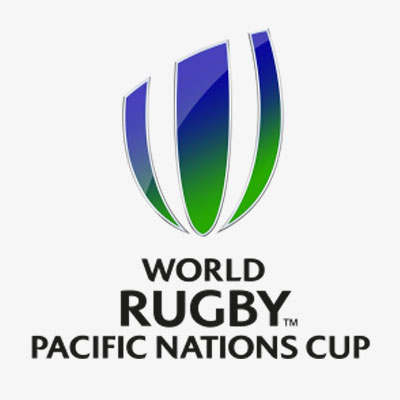Canada and the United States will rejoin the Pacific Nations Cup this year in a rejigged two-stage six-team competition that will end with finals in Japan.
The new format is “designed to expand rugby’s reach and accelerate competitiveness within a new global competition structure,” according to a statement from World Rugby. Additionally, World Rugby declared that it was “establishing an annual competition and rivalries similar to those observed in the Rugby Championship and the men’s Six Nations.” To maximize player rehabilitation and lessen the weariness of long-distance travel, two regional pools of three teams have been established.

The competition guarantees each side at least three games, including at least one home match. This gives the participating unions a chance to promote games and increase viewership. Pool A consists of Fiji, Samoa, and Tonga, who will play each other in neutral or home games. Tonga will host more home Pacific Nations Cup matches in the next four years than it has in all competitions over the previous ten years, marking a major increase in the amount of Tests held in the Pacific Islands.
To determine the top two spots in Pool B, Canada, Japan, and the USA will compete against one another across the Pacific Ocean in a round-robin format. Two strategically significant markets for the future growth of the sport—Japan and the USA—will host the winner-take-all finals series that will crown the Pacific Nations Cup. All six teams will fly to Tokyo to participate in either the fifth-place play-off or the semifinal matchup between the pool winners and runners-up on September 14–15, which will be hosted in Japan for the inaugural event.
A week later, on September 21, Osaka will host the third-place play-off and Final to determine the Pacific Nations Cup 2024 champion, an exciting prospect for rugby fans worldwide.
